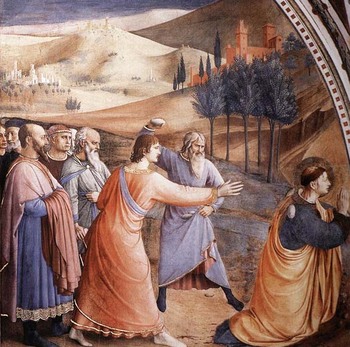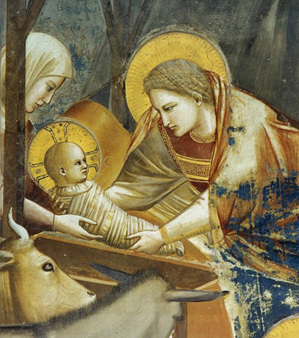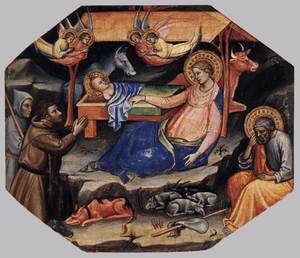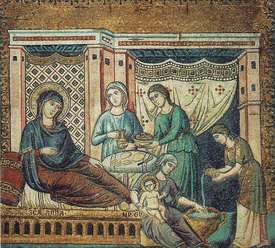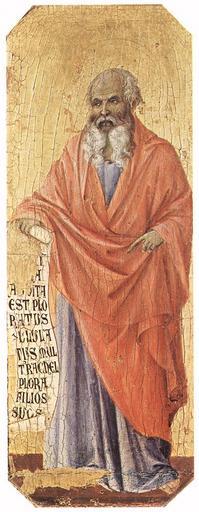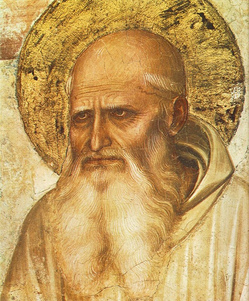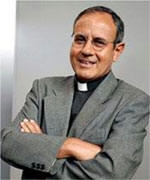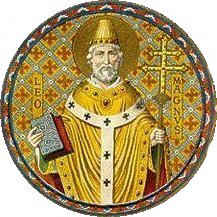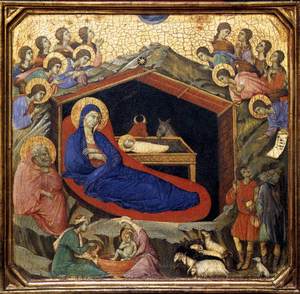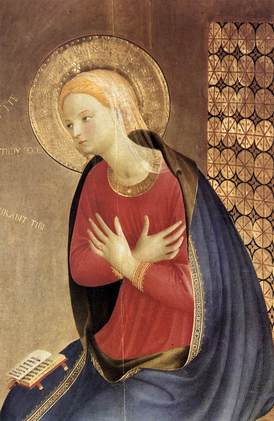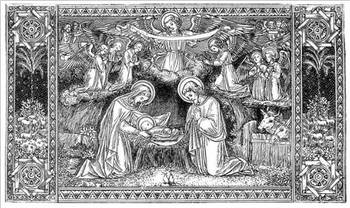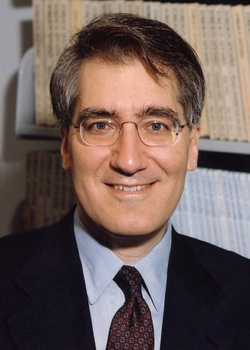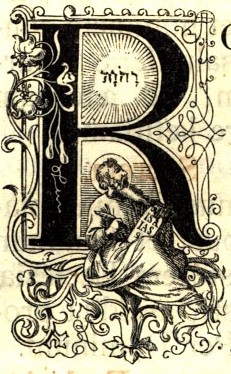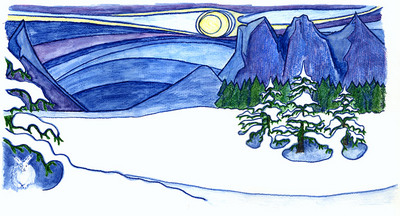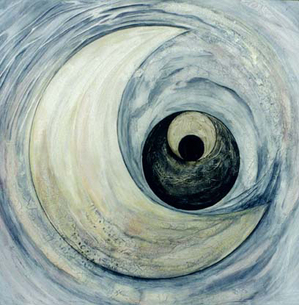Yesterday, with exultation,
Join’d the world in celebration
Of her promised Saviour’s birth;
Yesterday the Angel-nation
Pour’d the strains of jubilation
O’er the Monarch born on earth;
But today o’er death victorious,
By his faith and actions glorious,
by his miracles renown’d,
See the Deacon triumph gaining,
‘Midst the faithless faith sustaining,
First of holy Martyrs found.
Onward, champion, falter never,
Sure of sure reward for ever,
Holy Stephen, persevere;
Perjured witnesses confounding,
Satan’s synagogue astounding
By thy doctrine true and clear.
Thine own Witness is in Heaven,
True and faithful, to thee given,
Witness of thy blamelessness:
By thy name a crown implying,
Meet it is thou shouldst be dying
For the crown of righteousness.
For the crown that fadeth never
Bear the torturer’s brief endeavour;
Victory waits to end the strife:
Death shall be thy life’s beginning,
And life’s losing be the winning
Of the true and better life.
Fill’d with God’s most Holy Spirit,
See the Heav’n thou shalt inherit,
Stephen, gaze into the skies:
There God’s glory steadfast viewing,
Thence thy victor-strength renewing,
Pant for thy eternal prize.
See, as Jewish foes invade thee,
See how Jesus stands to aid thee,
Stands at God’s right hand on high:
Tell how open’d Heav’n is shown thee,
Tell how Jesus waits to own thee,
Tell it with thy latest cry.
As the dying martyr kneeleth,
For his murderers he appealeth,
For their madness griefing sore;
Then in Christ he sleepeth sweetly,
And with Christ he reigneth meetly,
Martyr first-fruits, evermore.
Words: “Heri mundus exultavit,” Adam of S. Victor (d. 1192). Translation by John Mason Neale; Music: “Heri Mundus Exultavit,” by Walter Macfarren; Meter: 887 887. Hymns Ancient and Modern. London: William Clowes and Sons, Ltd., 1922, #64, p. 64-5.
